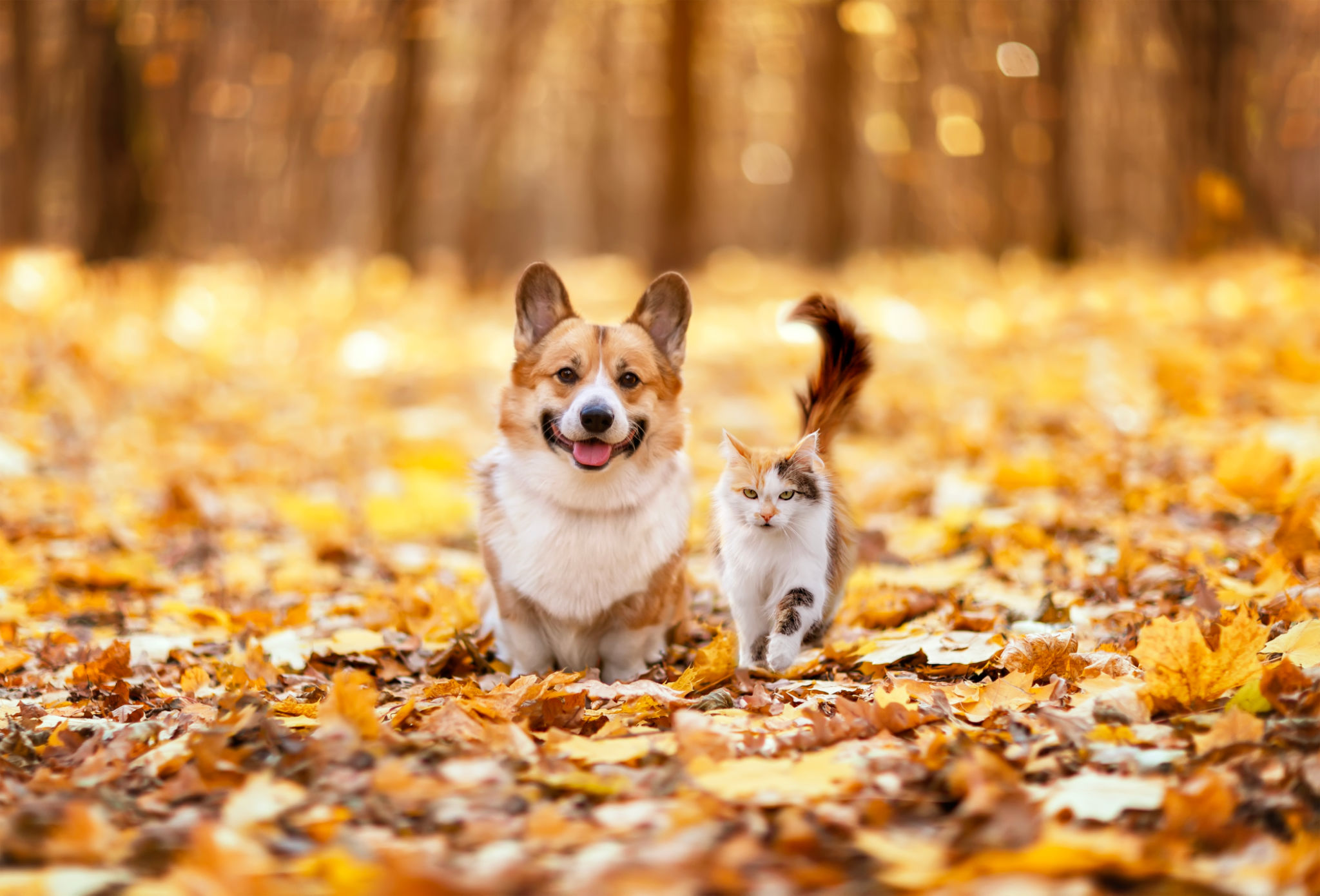Preparing Your Pet for Seasonal Changes: A Guide for Antelope Residents
DG
Understanding Seasonal Changes in Antelope
Antelope experiences a range of seasonal changes that can have a significant impact on your pets. From the scorching heat of summer to the chilly winters, each season presents unique challenges. As a pet owner, it’s essential to be aware of these changes and prepare accordingly to ensure your furry friends remain comfortable and healthy.

Preparing for the Summer Heat
Summer in Antelope can be exceptionally hot, making it crucial to keep your pets cool and hydrated. Ensure that your pets have access to fresh, clean water at all times. Providing shaded areas in your yard where they can escape the sun is also important. Consider investing in cooling mats or fans to help regulate their body temperature on particularly hot days.
Exercise should be limited to early morning or late evening when temperatures are cooler. Pay close attention to the ground temperature as well; asphalt can become extremely hot and may cause burns to your pet’s paws.
Adjusting to Fall and Spring
Fall and spring are transitional seasons that often bring about changes in your pet’s behavior and needs. During these times, it’s important to monitor shedding and adjust grooming routines accordingly. Regular brushing can help manage excess fur and reduce shedding around the house.
These seasons are also ideal for outdoor activities, but be mindful of allergens that could affect your pet. Regularly clean their paws and fur after walks to prevent allergic reactions from pollen or other irritants.

Winter Care Tips
Winters in Antelope can be quite cold, so it’s essential to prepare your pets for lower temperatures. Provide warm bedding indoors and consider using pet-safe heating pads if necessary. When venturing outside, ensure your pet is properly dressed with coats or sweaters, especially for short-haired breeds.
Be cautious of icy sidewalks and roads that can be slippery and dangerous for your pet. After outdoor activities, check and clean your pet’s paws to remove any ice or salt that could cause irritation.
Dietary Adjustments for Seasonal Changes
Each season may require adjustments in your pet’s diet. In winter, pets may need more calories to maintain body heat, while summer might call for lighter meals to prevent overheating. Consult with your veterinarian to tailor your pet’s diet according to seasonal needs and ensure they receive proper nutrition year-round.

Regular Health Check-Ups
Regardless of the season, regular health check-ups are vital for maintaining your pet’s well-being. Schedule routine visits with your veterinarian to catch any potential health issues early. Vaccinations, flea, and tick prevention should be up-to-date to protect your pet from seasonal threats.
By staying vigilant and proactive, you can help your pet thrive through Antelope's seasonal changes. Remember, a little preparation goes a long way in ensuring your pet’s comfort and safety all year round.